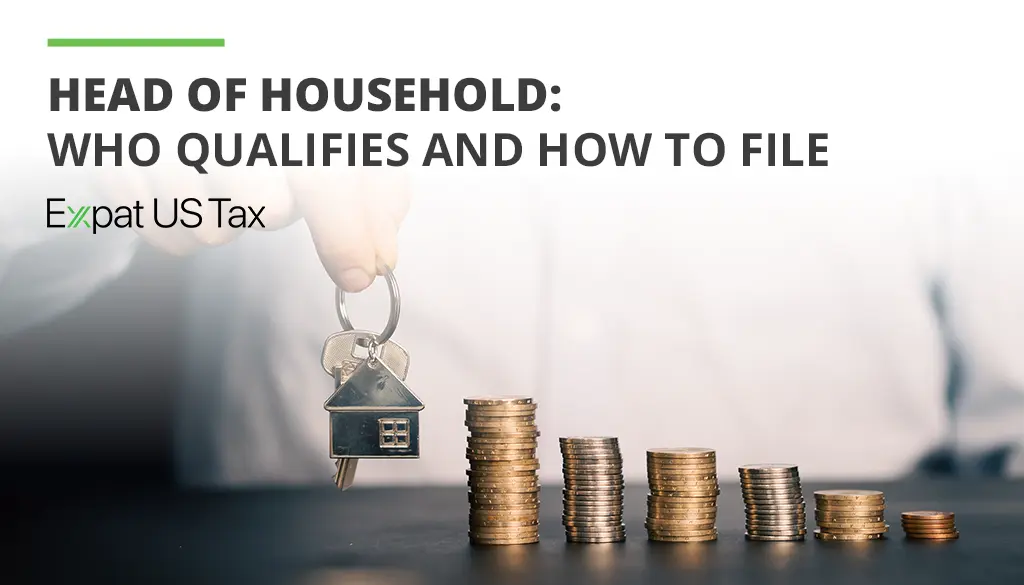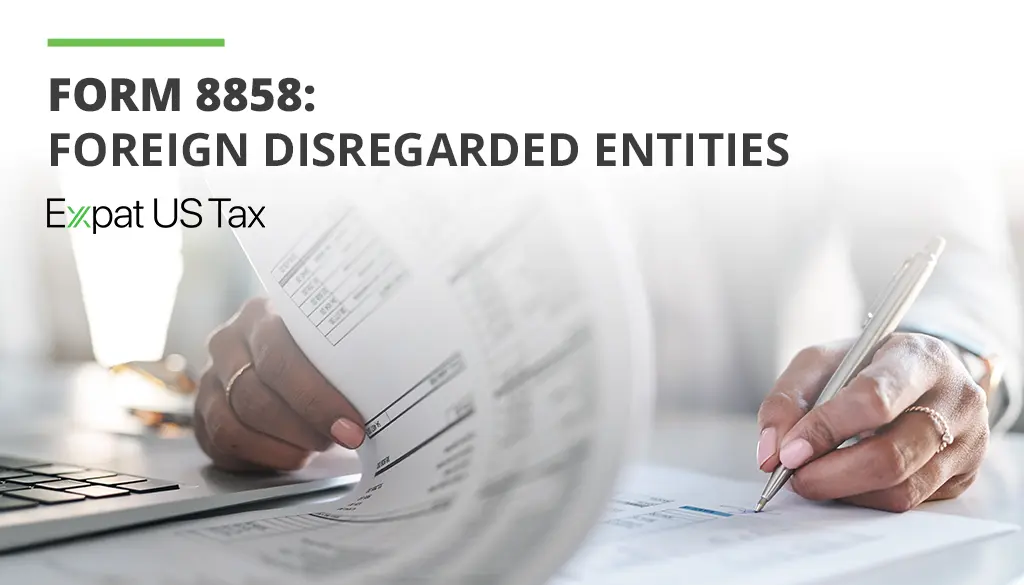What are trust distributions?


Nick Wee, an IRS Enrolled Agent with 18 years of expat tax experience, specializes in US tax preparation, tax planning, and tax advice for US citizens and Green Card holders living and working in Australia. *Schedule a consultation with Nick today.
*30-minutes US$437.
Table of Contents
What are trust distributions? A guide for Americans living abroad.
If you’re a US citizen living overseas and receiving money from a trust, or managing one, it’s essential to understand what trust distributions are and how they affect your US tax obligations.
In this guide, we’ll explain trust distributions, how they’re taxed, and what expats need to know to stay compliant with the IRS while living abroad.
What is a trust distribution?
A trust distribution is any payment or transfer of income, capital, or property made by a trust to one or more beneficiaries. These payments can take the form of:
- Cash
- Dividends or interest
- Real estate or other property (known as in-kind distributions)
- Stock or investment income
The trustee (the person responsible for managing the trust) makes these distributions based on the rules outlined in the trust agreement.
Why do trust distributions matter for US expats?
Even if you live abroad, as a US citizen or Green Card holder, you’re still required to report your worldwide income to the IRS. That includes trust distributions, even from foreign trusts or foreign sources.
📣 Important! Failing to report trust income can trigger severe IRS penalties and jeopardize your ability to use tax benefits like the Foreign Earned Income Exclusion (FEIE) or Foreign Tax Credit (FTC).
What are the types of trust distributions?
1. Income distributions
These include earnings the trust receives from:
- Interest
- Dividends
- Rental income
- Business profits
Tax treatment: Income distributions are generally taxable to the beneficiary and must be reported to the IRS.
2. Principal (corpus) distributions
These come from the original assets placed in the trust, not from earnings. Examples are:
- Cash from the initial trust funding
- Real estate that the grantor contributed to the trust
- Stocks originally placed in the trust that have not appreciated or been sold
Tax treatment: Principal distributions are usually non-taxable because they represent a return of capital, not income.
3. Discretionary distributions
The trustee decides how much to distribute, when, and to whom. This is common in discretionary trusts or family trusts in Australia.
Tax treatment: Discretionary distributions are taxable only if they include income. Whether the distribution includes income or principal will determine the tax treatment.
4. In-kind distributions
The trust transfers assets such as stocks, property, or collectibles instead of cash.
Tax treatment: In-kind distributions may be taxable if the asset has appreciated.

Worried about the US tax impact from trusts? Contact us.
Do expats need to report trust distributions?
Yes. US expats are required to report trust distributions, whether they come from a US trust or a foreign trust. For foreign trusts, expats may also need to file:
- FBAR (FinCEN 114), if the trust account exceeds US$10,000
- FATCA (Form 8938), if foreign financial assets exceed reporting thresholds
Even if the trust makes no distributions, reporting is mandatory if you’re involved with certain types of trusts (e.g., discretionary trusts).
📣 Important! Failing to file these forms can trigger automatic penalties starting at around US$10,000 per form according to current IRS guidelines.
How does the IRS approach foreign trusts?
The IRS approaches foreign trusts with strict scrutiny, especially when US citizens or residents are involved as owners or beneficiaries. It requires full transparency to prevent undeclared foreign income, asset hiding, or offshore evasion.
These trusts are often categorized as foreign grantor trusts (FGT). FGTs involve extensive US tax reporting, primarily using Forms 3520 and 3520-A. Because both countries may tax them, there’s a possibility of double taxation on trust distributions.
Are trust distributions taxable income?
Yes, trust distributions can be taxable, depending on the type. Income distributions (such as interest or dividends) are generally taxable to the beneficiary, while principal (the original trust assets) is usually not.
Capital gains may or may not be taxable, depending on the trust’s structure. Distributions from foreign trusts are often fully taxable and may trigger extra reporting and penalties if not handled correctly.
How can I reduce or avoid double taxation?
Here’s how to avoid double taxation on foreign trust distributions:
- Have the grantor receive the income directly: The tax paid to the foreign country may be claimed as a foreign tax credit, reducing your US tax bill.
- Keep income inside the trust and let the trustee pay the tax. If the trust qualifies, you may still claim a foreign tax credit on your US return, but only if you’re set up correctly.
However, this treatment is highly complex. To avoid costly mistakes and IRS penalties, it’s strongly recommended that you consult a cross-border tax professional who specializes in US expat trust reporting.
How to stay compliant as an expat
- Know what kind of trust you’re dealing with (foreign or domestic).
- Keep all documentation related to distributions.
- File Forms 3520 and 3520-A for foreign trusts (or Schedule K-1 for domestic trusts).
- Report distributions on your Form 1040, even if you’re living abroad.
- Work with a cross-border tax specialist, especially if you’re unsure whether your trust qualifies as foreign or grantor.
FAQs
Do I pay tax on a trust distribution as a US expat?
Yes. Unless it’s a return of capital, trust income is generally taxable and must be reported to the IRS.
What IRS forms do I file for trust distributions abroad?
What happens if I don’t report foreign trust income?
Can I use the Foreign Earned Income Exclusion (FEIE) on trust distributions?
What should US expats do if they receive trust distributions?



